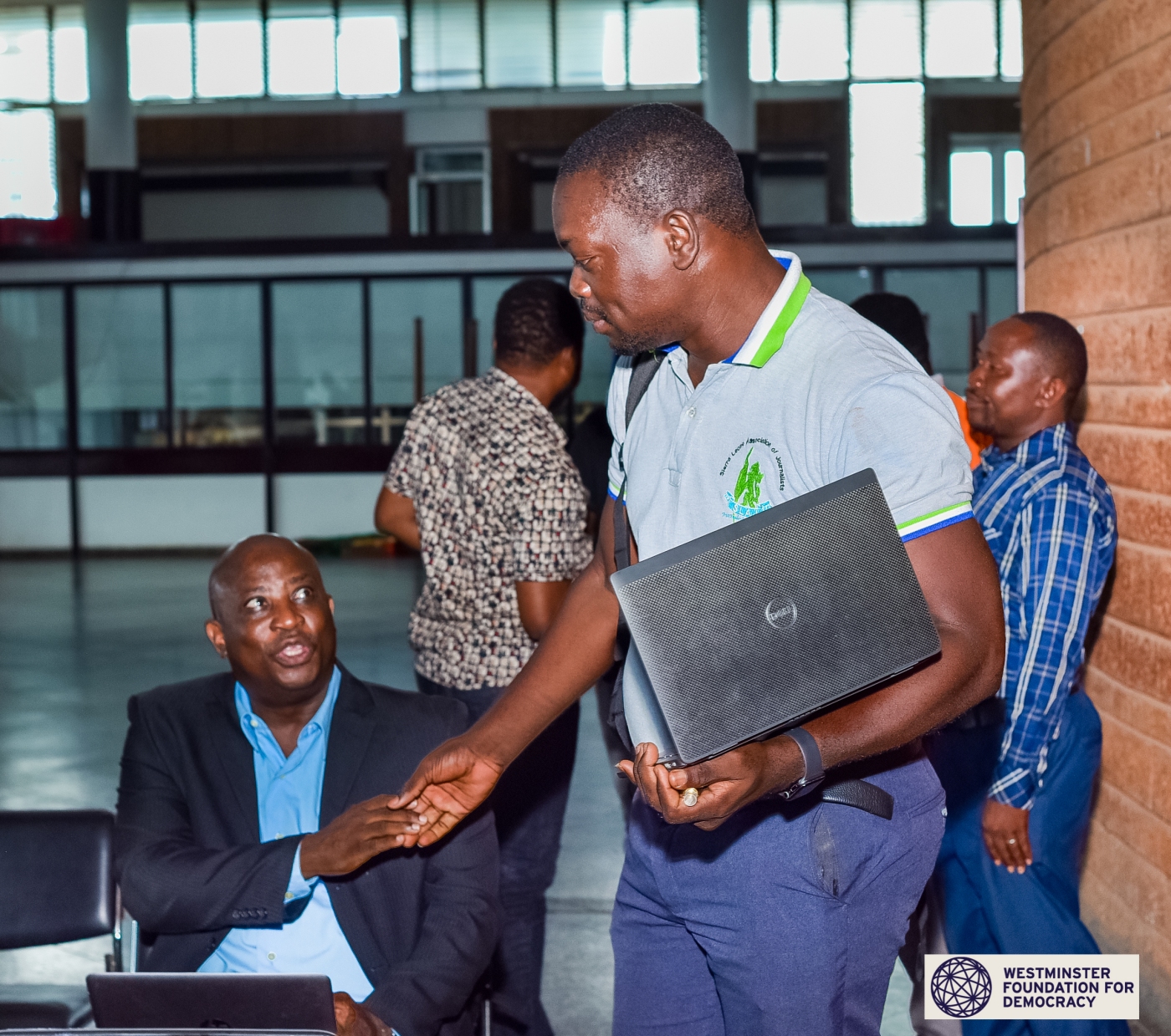Authenticity is one of the critical features of a productive and effective leader. Everyone has an authentic part that shares their natural true self. Just like leadership, authenticity also comes with its principles.
– Diamond Suma
The principle of authenticity refers to being genuine, honest, and authentic to oneself. It involves living in alignment with your values, beliefs, and authentic identity rather than conforming to external expectations or societal pressures. Authenticity is often seen as a fundamental aspect of personal integrity and emotional well-being. Here are some critical aspects of the principle of authenticity:
Self-Awareness: Authenticity begins with self-awareness. It involves profoundly understanding your values, beliefs, strengths, weaknesses, and emotions. Awareness of who you are and what you stand for is a crucial foundation for authenticity.
Being True to Yourself: Authenticity means being true to your thoughts, feelings, and desires. It involves speaking and acting in ways congruent with your inner self, even if it means going against the expectations or judgments of others.
Honesty and Transparency: Authentic individuals are honest and transparent in their interactions with others. They don’t pretend to be someone they’re not or hide their true feelings and intentions. They communicate openly and sincerely.
Resisting Conformity: Authenticity often requires resisting societal pressures to conform. It means staying caught up to the need to fit in or meet external standards if they conflict with your authentic self.
Vulnerability: Authenticity involves embracing vulnerability. It means allowing yourself to be seen and heard, even when uncomfortable. Vulnerability is essential for authentic connections and relationships.
Consistency: Authenticity is not a one-time act but a consistent way of living. It means being the same person in all aspects of your life—whether at work, with family, or in social settings.
Self-Acceptance: To be authentic, you must accept and embrace your flaws. It’s about recognizing that your imperfections are part of what makes you unique and authentic.
Respecting Others’ Authenticity: Just as you seek to be authentic, it’s essential to respect and honor the authenticity of others. This includes allowing them to express their true selves without judgment or criticism.
Personal Growth: Authenticity is not static. It involves personal growth and self-improvement. As you learn more about yourself and your values, you may change your life to live more authentically.
Impact on Well-Being: Authenticity is often associated with higher well-being, self-esteem, and life satisfaction. You experience a sense of fulfillment and purpose when you align with your true self.
In a world that sometimes pressures individuals to conform or wear masks to fit in, embracing authenticity can be a powerful way to lead a more meaningful and fulfilling life. It allows you to connect with others deeper, build genuine relationships, and make choices that align with your values and purpose. Ultimately, authenticity is a journey of self-discovery and self-expression, and it can lead to a more authentic and meaningful existence.
This piece is inspired by the Global Leadership Seminar attended on Saturday 7th October 2023 in Freetown, Sierra Leone. It will be great hear your comments on this piece.


Thanks to GLS for the inspiration.
LikeLike
This is really helpful, great and awesome 👍
It’s so good reading this 🥰
Thank you so much for this great effort, God bless you 🙏
LikeLike
Great piece! I am not 100% with the vulnerability of authenticity but have my reservations and will deliberate that over a cup of coffee later. Remain Blessed MoG
LikeLike